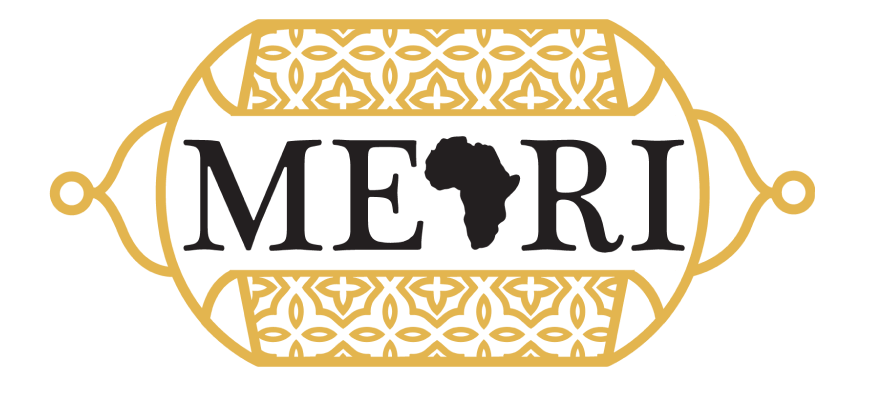Obed Bapela was removed from the international relations subcommittee allegedly because he led an unauthorised delegation in the name of the ANC to meet Moroccan officials.
Recent news reports indicated that ANC national executive committee (NEC) member Obed Bapela, who was removed from his position as deputy chair of the international relations subcommittee, is going to challenge the party’s decision.
Bapela’s removal relates to his leading an allegedly unauthorised delegation in the name of the ANC to meet Moroccan officials, and apparently expressing support for investment co-operation with SA and further integration of Morocco in the AU.
Bapela is a senior party official and has been a member of the international relations subcommittee for many years. The ANC moved with unusual haste to remove him from the position, and there have been calls for the entire delegation to be disciplined.
The issue at the heart of the matter is the relationship between Morocco and the disputed territory of Western Sahara to its south. When the Spanish vacated the area as the colonial authority in 1975 they ceded territorial control to Morocco and Mauritania; the latter relinquished its claim in 1979.
Morocco now controls most of the area after moving troops and civilians into the area after the Spanish left. However, a left-wing group known as the Polisario Front, representing the Sahrawi people who lived in the area, declared the Sahrawi Arab Democratic Republic (SADR) and a guerrilla war ensued, with a ceasefire declared only in 1991.
The UN has called for a referendum in the area to decide its fate. Morocco claims full sovereignty over the area, with limited sovereignty for the Sahrawi, while the Polisario Front wants full independence for the SADR.
The ANC was introduced to the Polisario Front by the Algerians, who are the Front’s main backers, during the armed struggle against apartheid, and have been allies since that time. After the end of apartheid the ANC promised to recognize the SADR, but this was delayed. It is alleged by the Polisario Front that this was due to payments being made to the ANC by the Morrocans.
It was only in 2004 that SA finally established ties. This included an SADR embassy that is hosted in Pretoria at the expense of the SA taxpayer (along with the embassy of Palestine). The ANC regularly cites Western Sahara in its policy documents, calling the area “the last colony in Africa”, and has frequently clashed with Morocco, including working with Algeria to try, unsuccessfully, to keep Morocco out of the AU.
Given this history the ANC’s swift response to Bapela’s allegedly unauthorised overtures to Morocco should perhaps come as no surprise. However, at the geopolitical level there is more to this story than a history of old loyalties to a Cold War ally or differences inside the ANC on the question of how to resolve its tensions with Morocco.
For a full appreciation one needs to also look at the Ring of Fire and the role of the Islamic Republic of Iran. Over the last few months the world has witnessed the ambition of — as its previous president put it — “wiping Israel off the map” through its firing of hundreds of ballistic missiles at the country.
However, Iran has logistical challenges to accomplish this goal. It shares no border with Israel to attack with an army and has no air force capable of confronting Israel in the sky. To compensate for this it has developed a twin strategy of building a programme to create a nuclear weapon and creating a network of proxies armed with missiles that are in closer proximity, thus making it easier to target Israeli civilian centres.
These proxies, notably Hamas, Hezbollah, the Houthis and a few smaller groups in Iraq and Syria, create the “Ring of Fire,” which is theoretically supposed to deter an Israeli attack on Iranian nuclear or other facilities. It is these proxies that Israel has been fighting since October 7 2023.
The Polisario Front was not originally part of the Ring of Fire, but from about 2016 onwards Hezbollah have been reaching out and engaging with the group. There have been numerous reports that Iran is providing both arms and training. Morocco cut off relations in 2018 in response.
The situation worsened in 2020 after Morocco formally established diplomatic relations with Israel as part of the Abraham Accords with the United Arab Emirates and Bahrain. This diplomatic success represented a setback for Iran in the region.
Since October 7 2023 the ANC has had far closer diplomatic relations with Iran and its allies. Former international relations and co-operation minister Naledi Pandor phoned Hamas shortly after the attacks and also made an unscheduled visit to Tehran.
By seeking to change the status quo between SA and Morocco, Bapela and his delegation would have stepped into the Ring of Fire and undermined the diplomatic standing of an Iranian ally at a moment of considerable vulnerability for the regime. This may account for the strong reaction from the ANC.

